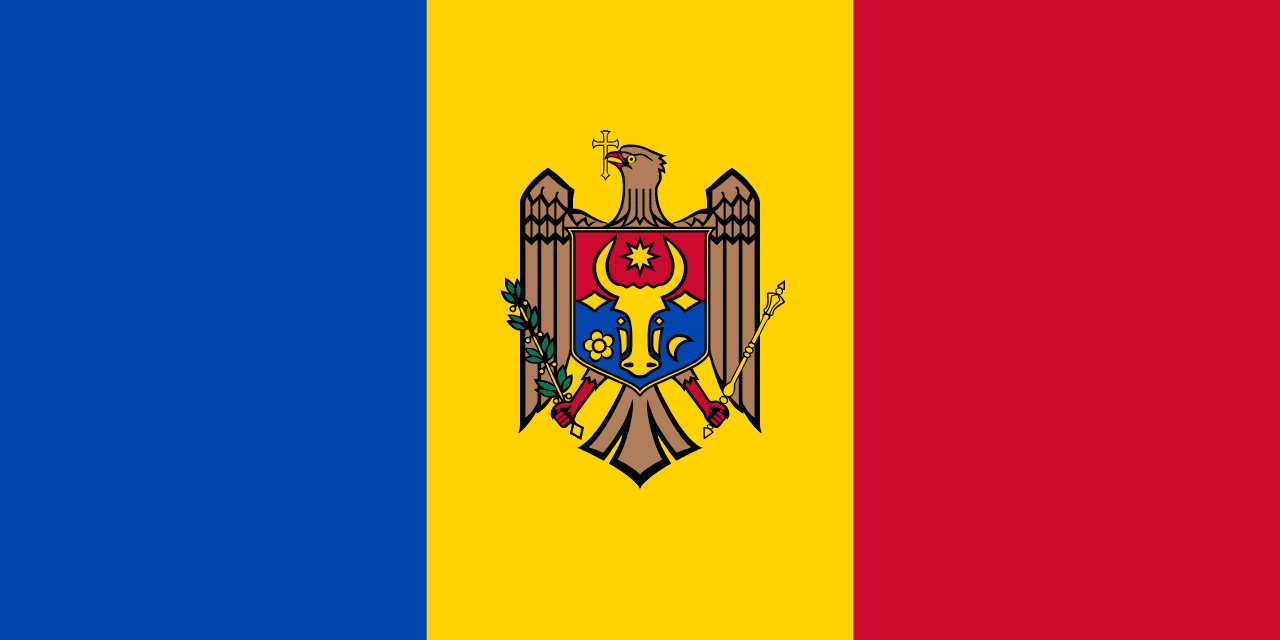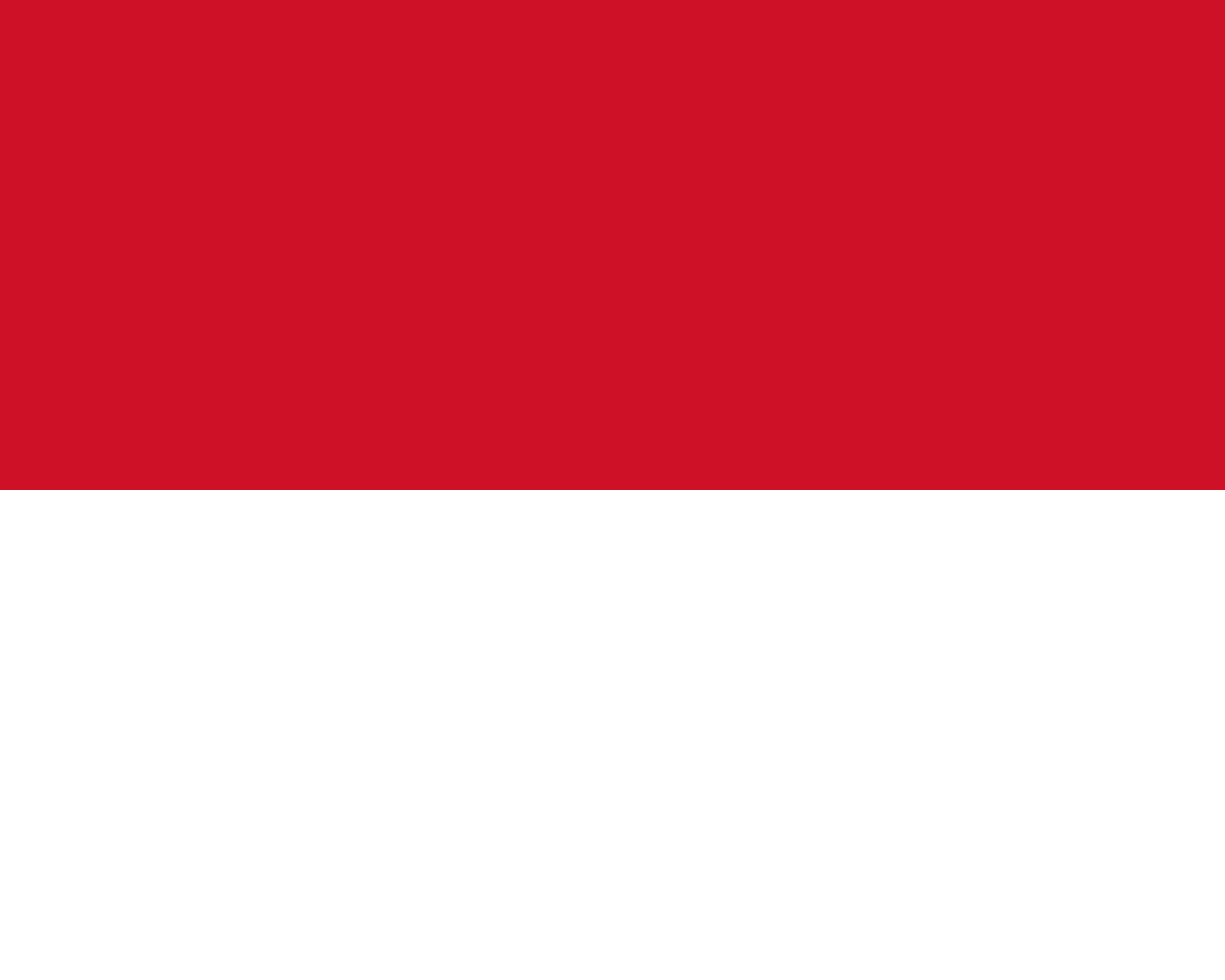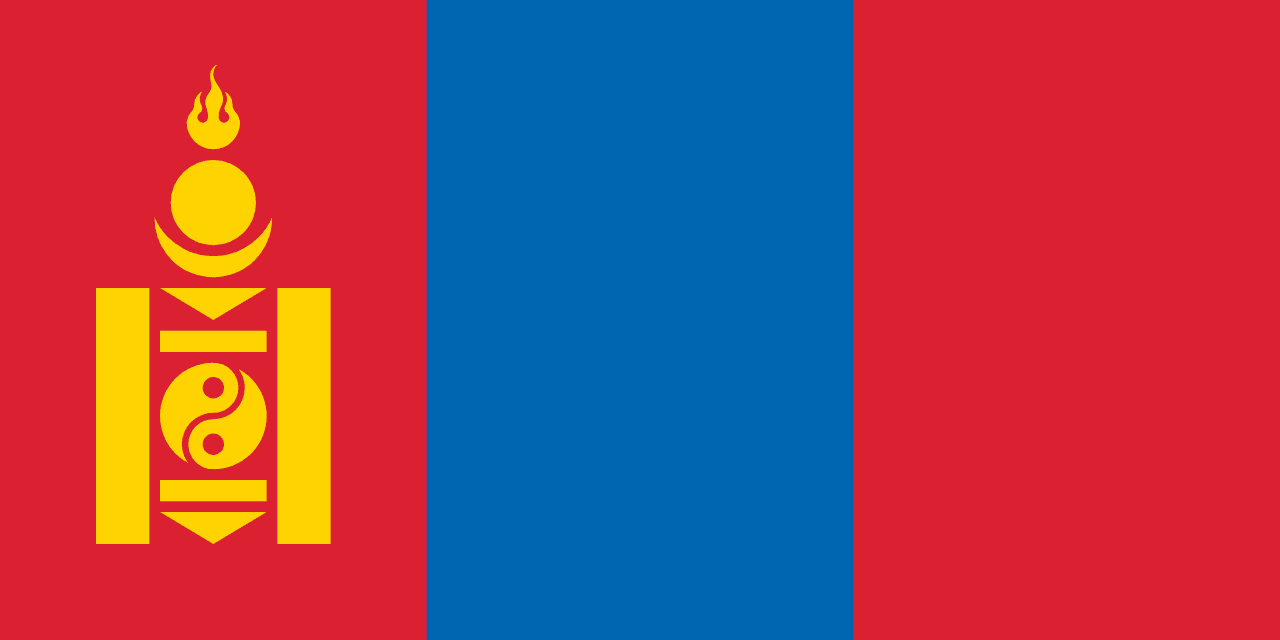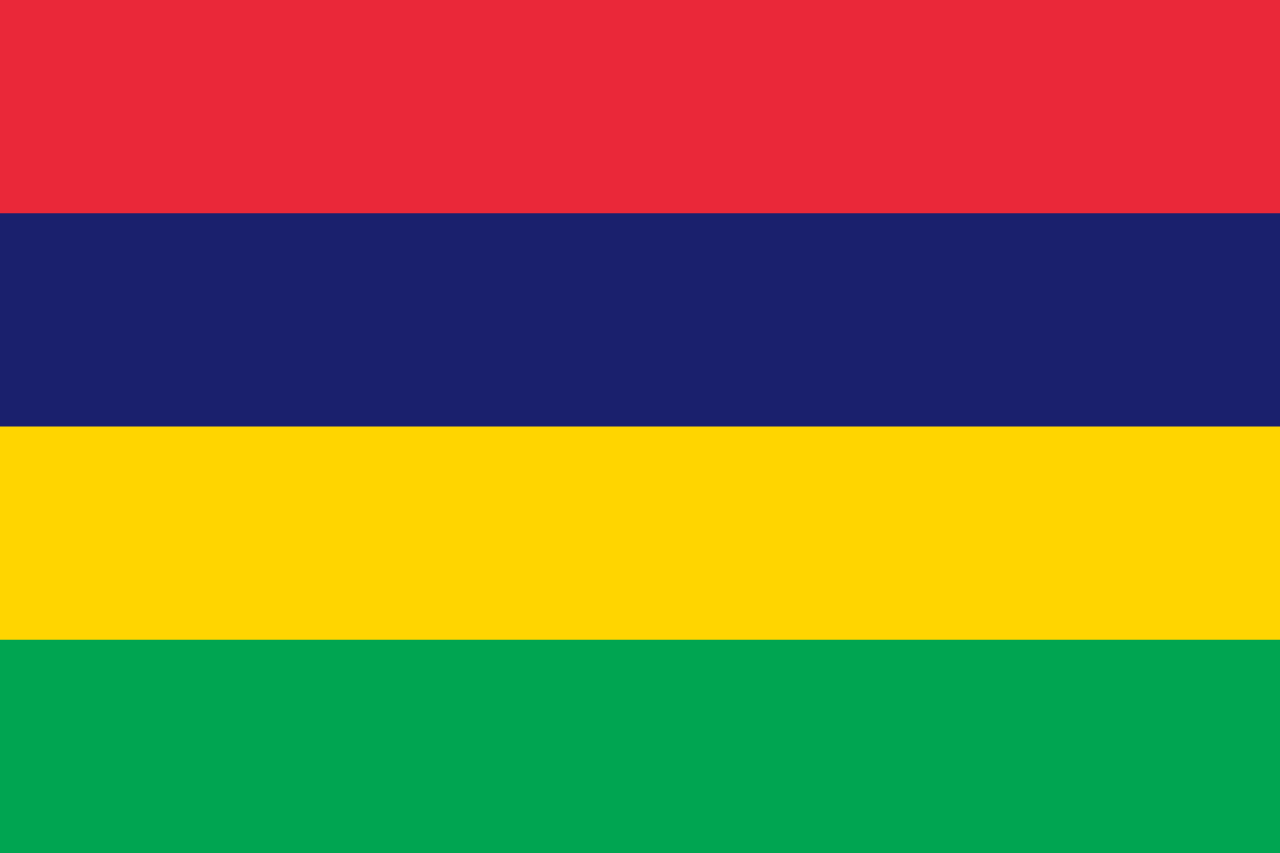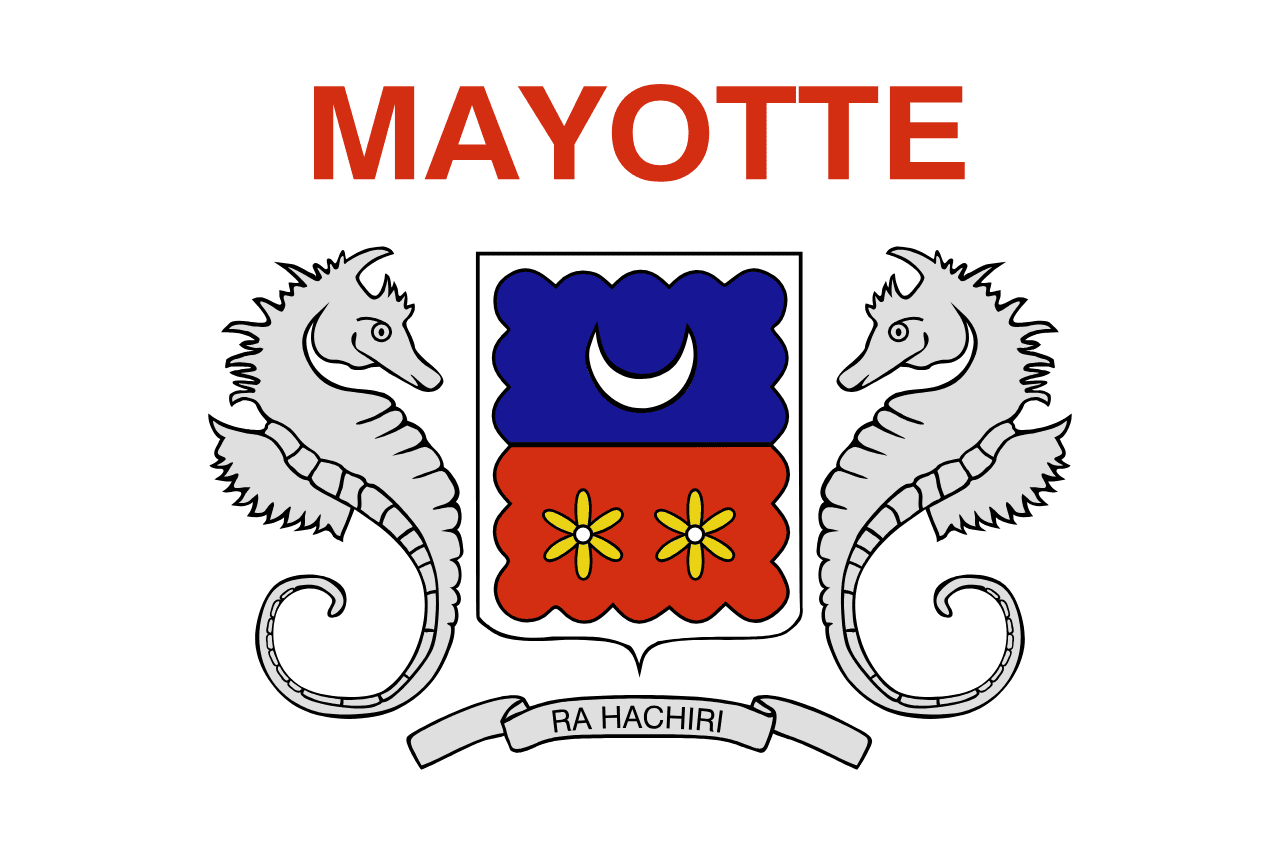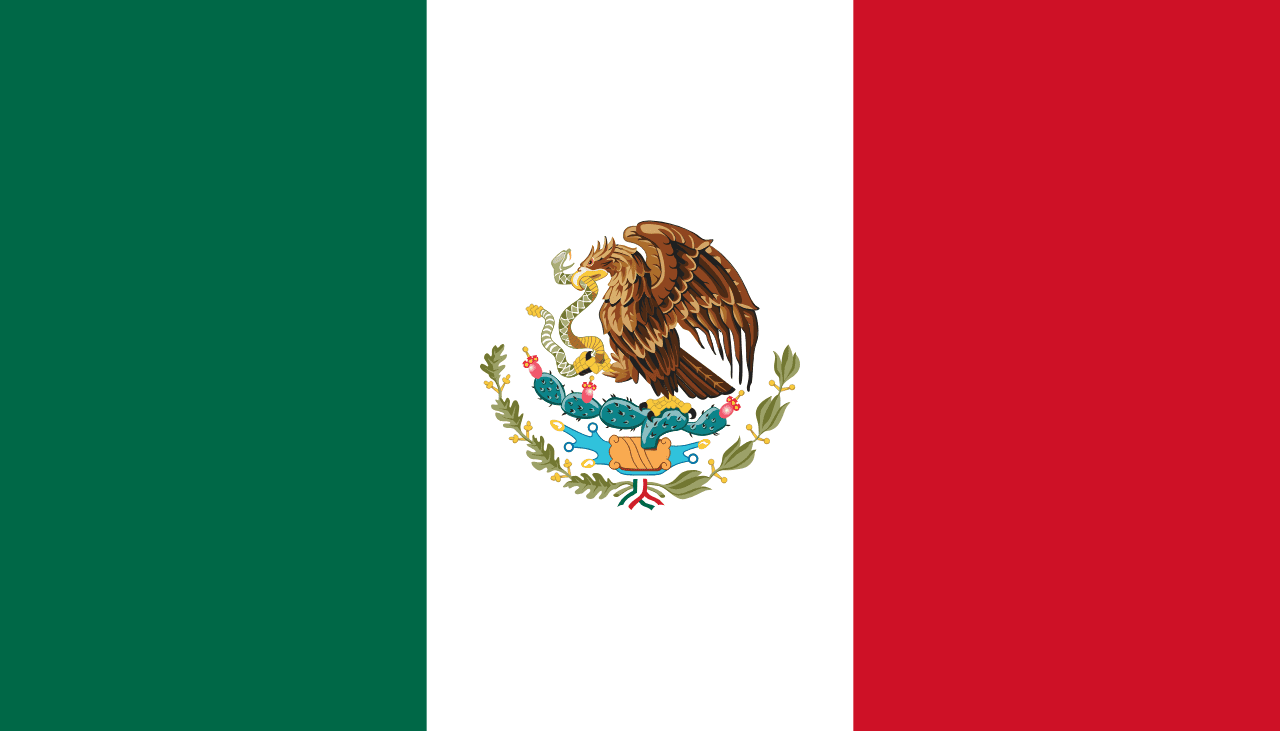The flag of Micronesia is a symbol of the nation's unity, identity, and aspirations. It features a light blue field with four white five-pointed stars arranged in a diamond pattern. The design reflects the nation's connection to the Pacific Ocean, the four states that make up the federation, and the principles of security, unity, and openness. The flag has remained unchanged since its adoption in 1978 and is a source of pride for the Micronesian people, representing their unique culture, history, and values.
Federated States of Micronesia information
| National Flag Day | — |
| Sovereign state | Yes |
| Official name | Federated States of Micronesia |
| Capital | Palikir |
| Population | 113,815 |
| Area | 702 km² |
| Currency | United States dollar (USD) |
| Language | English, Chuukese, Kosraean, Pohnpeian, Yapese |
| Continent | Oceania |
| Region | Micronesia |
| Subregion | — |
| Borders | — |
| Timezone | UTC+11 |
| Calling code | +691 |
| Top-level domain | .fm |
History of the Micronesian flag
 The Micronesian flag was officially adopted on November 30, 1978, coinciding with the country's declaration of independence from U.S. administration under the Trust Territory of the Pacific Islands. The flag's design was chosen through a nationwide contest, reflecting the collective vision of the Micronesian people for their newly independent nation. It has remained unchanged since its adoption, serving as a constant symbol of Micronesian unity and sovereignty through the nation's development and growth.
The Micronesian flag was officially adopted on November 30, 1978, coinciding with the country's declaration of independence from U.S. administration under the Trust Territory of the Pacific Islands. The flag's design was chosen through a nationwide contest, reflecting the collective vision of the Micronesian people for their newly independent nation. It has remained unchanged since its adoption, serving as a constant symbol of Micronesian unity and sovereignty through the nation's development and growth.
Symbolism and design of the Micronesian flag
Every element of the Micronesian flag carries deep symbolic meaning. The light blue field represents the Pacific Ocean, which is not just a geographical feature but a fundamental aspect of Micronesian life, culture, and economy. The vast expanse of blue symbolizes freedom and the nation's connection to the sea. The four white five-pointed stars arranged in a diamond pattern represent the four states that make up the Federated States of Micronesia: Yap, Chuuk, Pohnpei, and Kosrae. Their arrangement in a diamond shape symbolizes security and unity, with each star an equal distance from the center, representing the equality of the states within the federation. The stars' orientation, pointing outward, is said to represent the outward-looking nature of the Micronesian people and their openness to the world.
Usage and significance of the Micronesian flag
 The flag of Micronesia is a source of national pride and is prominently displayed throughout the country. It flies on government buildings, schools, and public institutions across all four states. During national holidays such as Independence Day (November 3) and Constitution Day (May 10), the flag takes center stage in celebrations, parades, and public events. The flag also plays a crucial role in international forums, representing Micronesia's sovereignty and unique identity on the global stage. It serves as a unifying symbol for the diverse Micronesian population, spread across numerous islands and atolls, each with its own distinct cultural traditions.
The flag of Micronesia is a source of national pride and is prominently displayed throughout the country. It flies on government buildings, schools, and public institutions across all four states. During national holidays such as Independence Day (November 3) and Constitution Day (May 10), the flag takes center stage in celebrations, parades, and public events. The flag also plays a crucial role in international forums, representing Micronesia's sovereignty and unique identity on the global stage. It serves as a unifying symbol for the diverse Micronesian population, spread across numerous islands and atolls, each with its own distinct cultural traditions.
Interesting facts about the Micronesian flag
- The Micronesian flag is one of the few national flags to use a light blue field, distinguishing it from the darker blues more commonly seen in other flags.
- The flag's design is intentionally simple, making it easy to reproduce and recognize, which was an important consideration for a nation spread across numerous remote islands.
- In Micronesian culture, the flag is often accompanied by traditional canoes during maritime celebrations, symbolizing the nation's seafaring heritage.
- The flag's colors of blue and white are also reflected in many of Micronesia's state flags, creating a visual connection between state and national identities.
- Despite its small size, Micronesia's flag has gained international recognition, particularly in environmental forums, where it represents one of the nations most vulnerable to climate change and rising sea levels.
